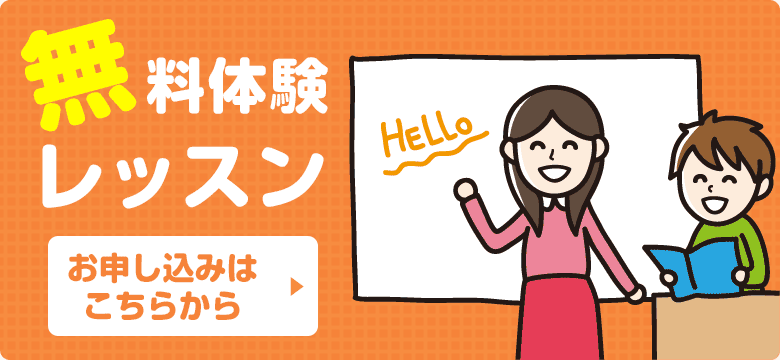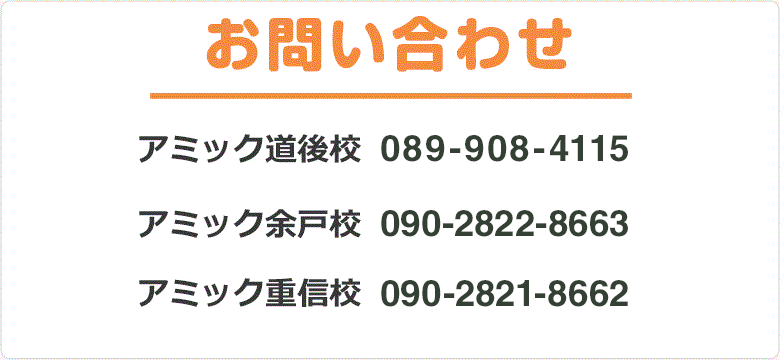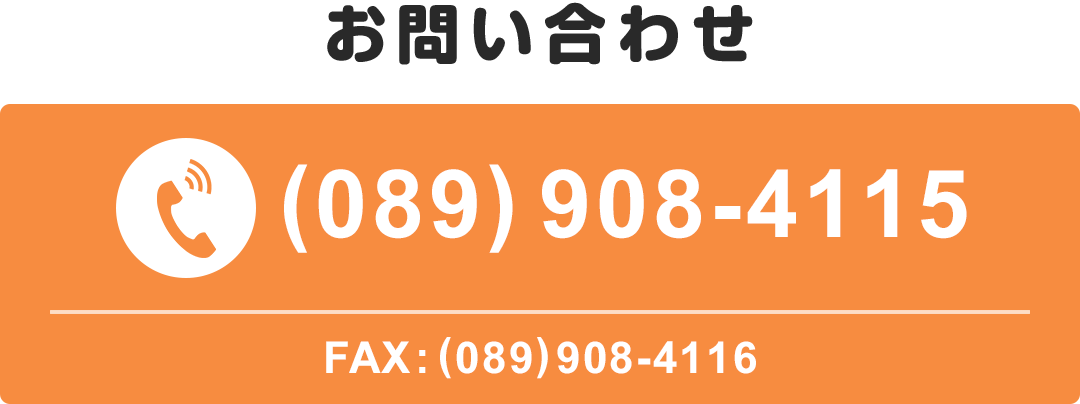カテゴリー:未分類
英会話・英語 アミック Know Your Sleep Inhibitors
Caffeine is a big one. Most of us know not to drink coffee when bedtime nears. That’s because caffeine can stay in your bloodstream, actively inhibiting sleep, for six hours or more depending on your sensitivity. Caffeine is found in several foods and beverages, including tea, sodas, chocolate, and even some pain relievers.
Smoking is another sleep stealer. Like caffeine, nicotine is a stimulant that can make it hard to fall asleep or can also deliver a less restful sleep. So that’s another reason to quit smoking.
Alcohol before bed can also create problems. While alcohol might help you fall asleep, your increased blood sugar can actually cause you to wake up and make it more difficult to go back to sleep. Alcohol eliminates REM (Rapid Eye Movement) sleep, which occurs in the second half of the night. In other words, drinking will make you wake up very early and not get back to sleep. The general recommendation for alcohol use is no more than one drink a day for women and no more than two for men.
Eating too much or too heavy of a meal before bed or going to sleep hungry can disrupt your sleep as well.
And of course, while staying hydrated is a good thing, drinking too much water before bed will undoubtedly lead to waking up in the middle of the night for a bathroom run. This is especially the case as we get older. Aging is associated with decreases in both slow wave sleep and REM sleep, and the biggest culprit is our need to urinate in the middle of the night. So although you don’t want to go to bed thirsty, you might choose to suck on an ice cube rather than drink a whole glass of water in the hours before bedtime.
「英会話・英語 アミック」No Plans
Golden Week is quickly approaching but I don’t have any big travel plans. It may sound funny but actually I couldn’t be happier. Typically, vacation brings to mind something a bit more exciting than staying at home for a week, but in my case I couldn’t imagine anything better right now. I have many personal goals for this break that I can only achieve alone so I will be busy in a different way than most others I assume. Of course, I do love traveling (and I will later this year), but a bit of solitude in the Iyo countryside is all I need at this time in my life.
Joe
英会話・英語 アミック Drop bears
Have you ever heard of a bunyip or a yowie?
When I was in primary school we were taught about Aboriginal mythical creatures. The bunyip is a large swamp creature and the yowie a giant, ape-like creature. Having quite an imagination at that age, I believed in the tooth fairy, mermaids and unicorns. So, it wasn’t hard for me to believe the stories I was being told.
Recently, I’ve heard stories about drop bears. It is a vicious, flesh-eating koala (which in fact is not a bear, I might add) that weighs over 100 kilograms. Waiting in the tree tops, they attack people walking below by dropping on them.
Like other urban myths, such as Bigfoot and The Lochness Monster, the drop bear is a modern hoax designed to scare and amuse. Australian Geographic even ran a piece on April Fool’s Day claiming that drop bears preffered to attack people who didn’t have an Aussie accent.
So, if you ever decide to go to Australia and camp in the bush, you should protect yourself by smothering Vegemite all over your body…and don’t forget to look up!
英会話・英語 アミック When and where would you go?
There are so many wonderful stories about time travel, the settings are throughout history and the future, describing utopias and devastation. The wonderful thing about this literature is that it is only limited by our imagination, we create the laws, rules and parameters that time travel follows. If it’s a person or vehicle that activates the shift, whether the experience is merely observation or interaction and the consequences of any interactions that may occur.
There are many places and times that I would be interested in visiting if it were possible to travel through time and space. I am fascinated by the ancient Egyptians, intrigued by dinosaurs, curious about the beginning and end of the universe. I think I would prefer the encounters to be observational, at least for the trip to see the dinosaurs!
Would you prefer to travel forward or backward in time?
英会話・英語 アミック Hay fever
Hay fever is a common condition that shows signs and symptoms similar to a cold with sneezing, congestion, runny nose and sinus pressures.
Hay fever is caused by an allergic response to airborne substances, such as pollen – unlike a cold which is caused by a virus.
The time of year in which you get hay fever depends on what airborne substance you are allergic to.
The substance that causes an allergic reaction in hay fever is called an “allergen”. For the majority of people, those who do not get hay fever, these substances are not allergens, because their immune system does not react to them.
What causes hay fever?
Hay fever occurs when the immune system mistakes a harmless airborne substance as a threat. As your body thinks the substance is harmful it produces an antibody called immunoglobulin E to attack it. It then releases the chemical histamine which causes the symptoms.
There are seasonal hay fever triggers which include pollen and spores that will only cause symptoms during certain months of the year.
The following are some examples of hay fever triggers:
Tree pollen – these tend to affect people in the spring.
Grass pollen – these tend to affect people later on in the spring and also in the summer.
Weed pollen – these are more common during autumn (fall).
Fungi and mold spores – these are more common when the weather is warm.












